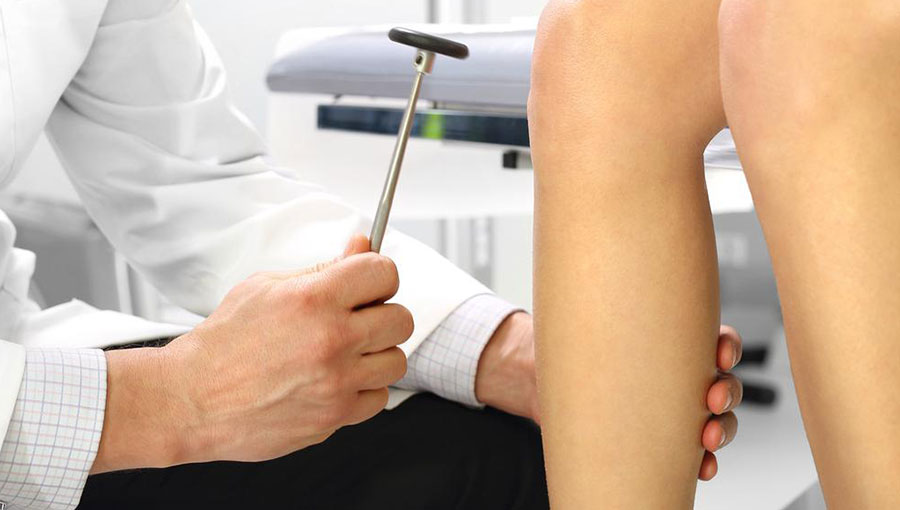Here’s what you need to know about osteoporosis tests
Osteoporosis is a form of arthritis that causes the bones to weaken, which makes them increasingly fragile and highly prone to fractures. It is estimated that around two million fractures are caused by this condition annually. Although osteoporosis can affect any bone, it is usually observed in body parts like wrist, spine, and hip.

How often should you get screened for osteoporosis?
The osteoporosis testing frequency depends on multiple factors like age, gender, underlying medical conditions, medical and family history. For example, if you are a woman in your 60s in the post-menopause phase with vitamin D deficiency, then you should get osteoporosis testing done every year. On the other hand, if you are a healthy woman in your postmenopausal phase, then you should get osteoporosis testing done in every two years.
Moreover, osteoporosis testing is not only valuable for identifying the condition but also for monitoring it. If you are already dealing with osteoporosis, then the doctor might ask you to get screened in every few months to keep an eye on the progress of the condition and how well are the treatments working against it.
What does osteoporosis testing involve?
After you have discussed your symptoms, medical and family history with the doctor, a physical exam will be performed. If the doctor suspects any anomalies, she or he will recommend you with the following two tests for osteoporosis.
- Bone density evaluation Like the name suggests, the bone density evaluation (DEXA test dual-energy X-ray absorptiometry) gauges if the mass inside the bone tissue has reduced.
- Urine and blood exam Such type of tests allow the doctors to verify if bone loss is occurring due to an underlying health condition.
Likewise, QCT (quantitative computed tomography) is typically used for assessing any changes in the spine, however, it can detect bone changes in any part of the body. QCT for bone loss is done to review the effectiveness of the osteoporosis treatments.
Do insurance companies cover osteoporosis testing?
Yes, insurance providers like Medicare will cover expenses for osteoporosis testing like DEXA in every two years for:
- Women who are 65 years or above
- Men who are 70 years or above
For younger patients, any private insurance company will cover the screening costs if they:
- Have suffered a low impact fracture in past.
- Are battling a disease linked to bone loss.
- Have been taking medications associated with bone loss.
- Are already fighting osteoporosis.
- Are receiving cancer treatments.
- Are eligible for an osteoporosis treatment.











